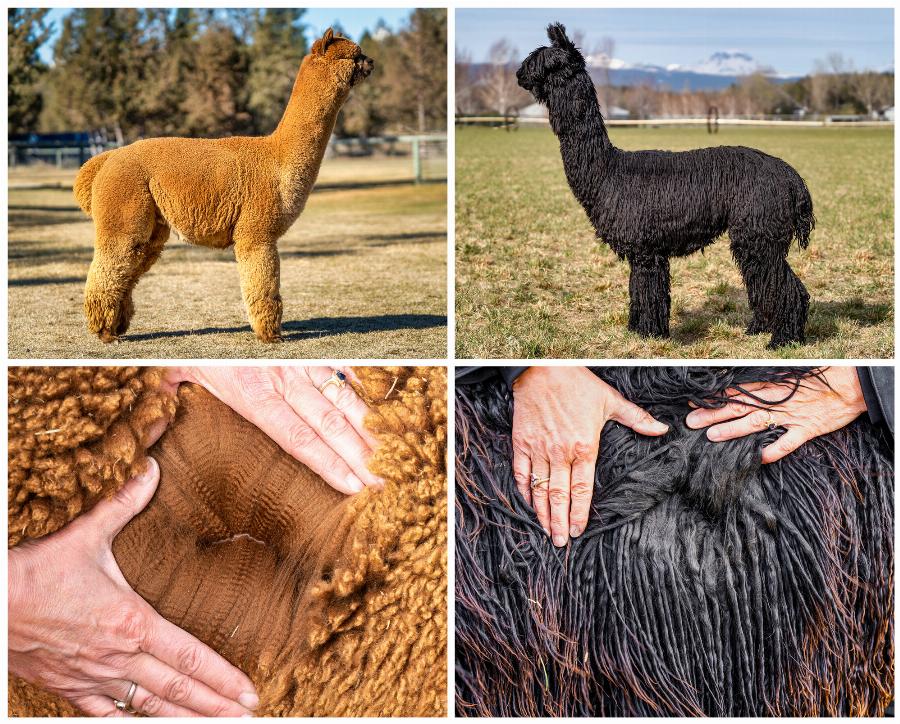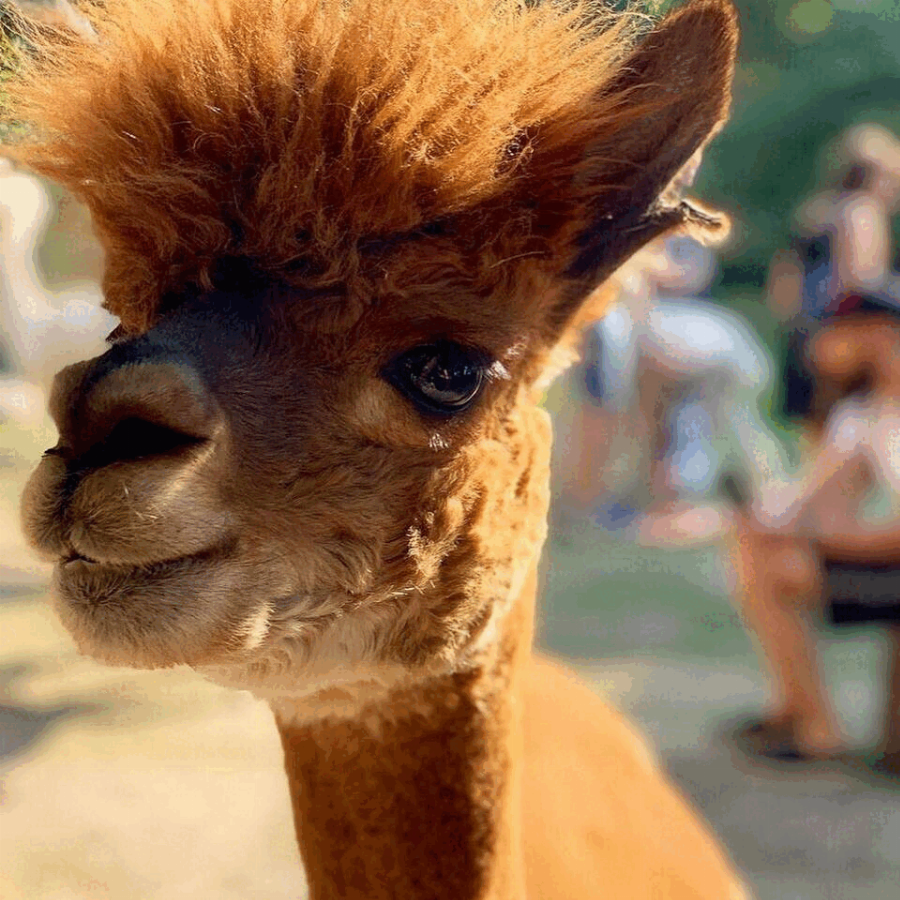Nội dung bài viết
- Origin and Significance of Alpacas
- Types of Alpacas and Their Characteristics
- Alpaca Care and Husbandry: What Do Alpacas Eat?
- The Alpaca Industry and Its Products
- Interesting Facts and Myths about Alpacas
- Can Alpacas Eat Cabbage? A Deeper Dive
- Why is Grass Hay So Important for Alpacas?
- What Supplements Do Alpacas Need?
- How Can You Tell if an Alpaca is Healthy?
- FAQ
- Conclusion
Do Alpacas Eat Cabbage? It’s a common question among alpaca enthusiasts and those curious about these fascinating creatures. While alpacas primarily graze on grass and hay, the question of whether they can enjoy the occasional leafy green like cabbage requires a more nuanced answer. Understanding their digestive system and nutritional needs will help us determine if cabbage has a place in a healthy alpaca diet.
Origin and Significance of Alpacas
Alpacas, native to the Andes Mountains of South America, have been domesticated for thousands of years. Their ancestors, the vicuñas, still roam wild in the high altitudes. Prized for their luxurious fleece, alpacas have played a crucial role in the economies and cultures of Andean communities for centuries. These gentle creatures, known for their inquisitive nature and soft hums, are now gaining popularity worldwide, not just for their fiber, but also as beloved companions.
Types of Alpacas and Their Characteristics
Two primary breeds of alpaca exist: the Huacaya and the Suri. The Huacaya, with its dense, crimpy fleece, is the more common breed. The Suri, on the other hand, has long, silky fiber that hangs in beautiful locks. Both breeds are known for their gentle dispositions and adaptability to various climates. Beyond these distinct breeds, alpacas come in a wide range of colors, from classic white and beige to rich browns and blacks.
 Huacaya and Suri Alpaca Breeds Compared
Huacaya and Suri Alpaca Breeds Compared
Alpaca Care and Husbandry: What Do Alpacas Eat?
So, do alpacas eat cabbage? While cabbage isn’t a core component of their diet, it can be offered occasionally as a treat in small quantities. Their primary food source should be grass hay, which provides the necessary fiber for their sensitive digestive systems. Alpacas are ruminants, meaning they have a multi-compartment stomach similar to cows and sheep, enabling them to efficiently digest plant matter. A balanced diet for an alpaca includes good quality hay, fresh pasture, and a mineral supplement formulated specifically for alpacas.
 Alpaca Enjoying Hay
Alpaca Enjoying Hay
The Alpaca Industry and Its Products
The alpaca industry centers around their exquisite fleece. Alpaca fiber is renowned for its softness, warmth, and hypoallergenic properties. From luxurious sweaters and scarves to warm blankets and socks, alpaca products are highly sought after. The industry also supports local communities and promotes sustainable practices, making alpaca products an ethical and environmentally conscious choice.
 Variety of Alpaca Fiber Products
Variety of Alpaca Fiber Products
Interesting Facts and Myths about Alpacas
Are alpacas llamas? This is a common misconception. While related, they are distinct species. Alpacas are smaller than llamas and have a more gentle temperament. They are also known for their unique “humming” vocalization, which they use to communicate with each other. Another interesting fact: Alpacas are incredibly social animals and thrive in herds. They form strong bonds with their herd mates and rely on each other for protection and companionship.
 Alpaca Herd Communicating
Alpaca Herd Communicating
Can Alpacas Eat Cabbage? A Deeper Dive
So, back to the cabbage question. While a small amount of cabbage won’t harm a healthy alpaca, it’s crucial to avoid overfeeding. Too much cabbage can lead to digestive upset, including bloating and gas. Like any treat, moderation is key. Always introduce new foods gradually and observe your alpacas for any adverse reactions.
Why is Grass Hay So Important for Alpacas?
Grass hay provides the essential fiber alpacas need for healthy digestion. It helps maintain the proper function of their complex digestive system and prevents issues like colic.
What Supplements Do Alpacas Need?
Alpacas require a mineral supplement specifically formulated to meet their nutritional needs. These supplements ensure they receive the necessary vitamins and minerals not always readily available in their pasture or hay.
How Can You Tell if an Alpaca is Healthy?
A healthy alpaca will have bright eyes, a soft, dense fleece, and a curious demeanor. They should be actively grazing and interacting with their herd mates. Regular checkups with a veterinarian specializing in camelids are essential for preventative care.
FAQ
- Q: Can alpacas eat all types of cabbage? A: While most common varieties are safe in moderation, avoid feeding them red cabbage, which can cause digestive issues.
- Q: What other vegetables can alpacas eat? A: Carrots, zucchini, and sweet potatoes are safe treats in small amounts.
- Q: Are alpacas good with children? A: Generally, alpacas are gentle and friendly towards children, but supervision is always recommended.
- Q: How often should alpacas be sheared? A: Alpacas should be sheared once a year, typically in the spring or early summer.
- Q: How long do alpacas live? A: Alpacas can live for 15-20 years, with some even reaching their late twenties.
- Q: Do alpacas spit? A: Yes, alpacas can spit, but it’s usually directed at other alpacas within the herd, often as a form of communication or establishing dominance. They rarely spit at humans unless they feel threatened.
- Q: How much space do alpacas need? A: The space requirements depend on the number of alpacas. Generally, about one acre per five alpacas is recommended.
Conclusion
Do alpacas eat cabbage? Yes, they can nibble on it occasionally. However, remember that a balanced diet centered around grass hay is crucial for their well-being. These incredible creatures offer so much more than just their luxurious fiber. From their gentle nature to their unique personalities, alpacas enrich the lives of those who care for them. So, whether you’re considering adding alpacas to your farm or simply fascinated by these gentle giants, understanding their needs and characteristics is essential to appreciating the wonderful world of alpacas. And perhaps, sharing a small piece of cabbage with your alpaca friend could be a special treat, fostering a deeper connection with these remarkable animals.